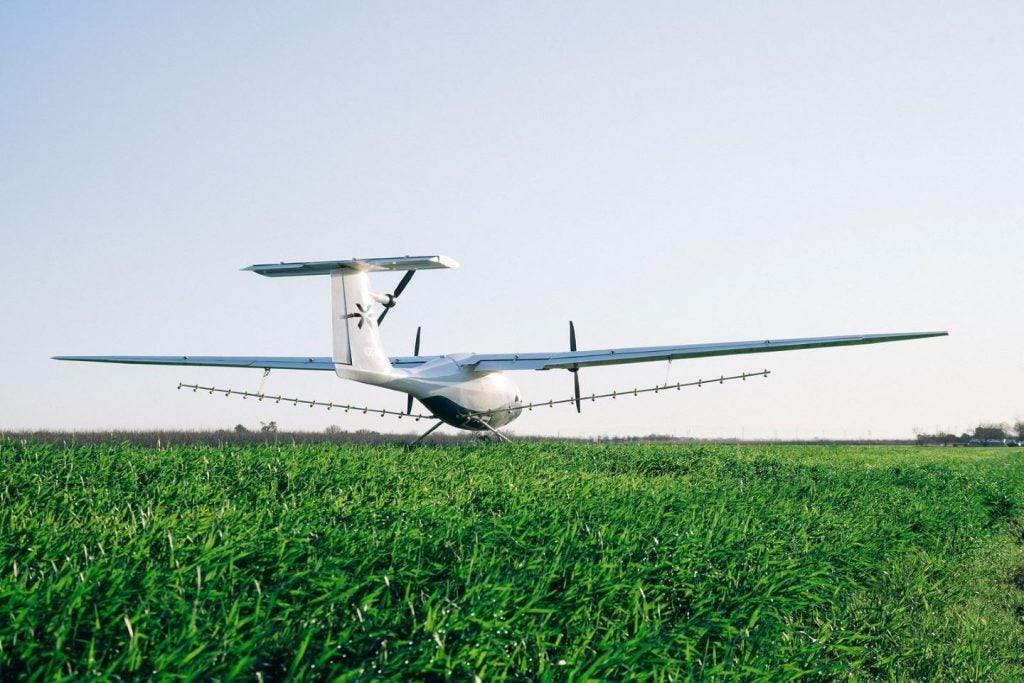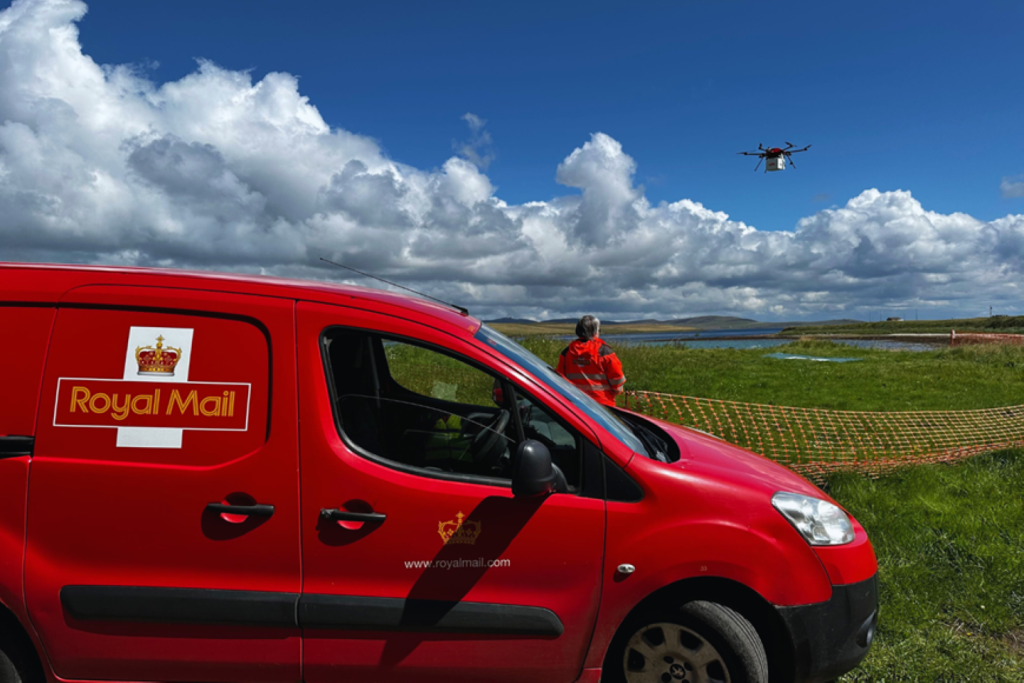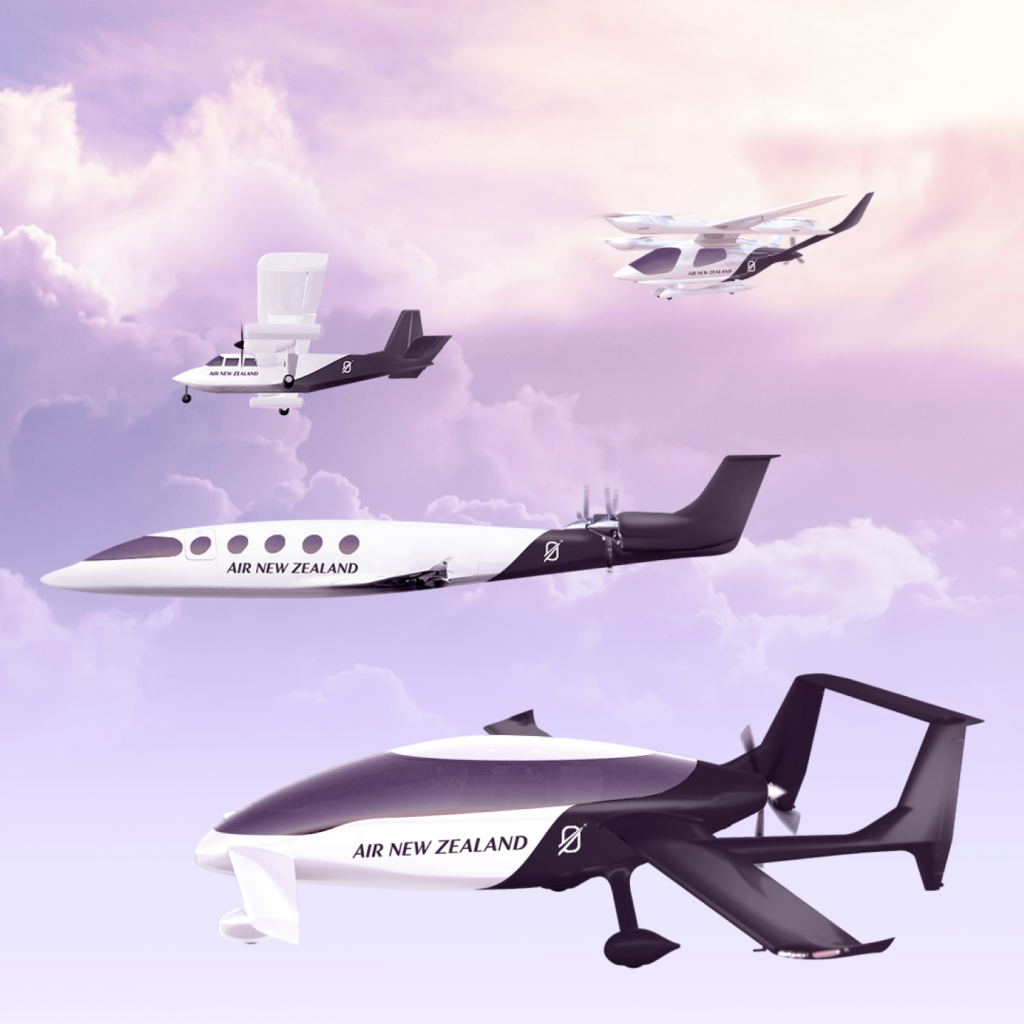Electric aircraft manufacturer Pyka announced that it has received approval from the Federal Aviation Administration (FAA) to operate its autonomous, zero-emission Pelican Spray aircraft to treat crops across the US.
Pyka’s automated uncrewed aircraft system (UAS), featuring a weight of 1,125 lbs, is the largest UAS to receive FAA authorisation for commercial operation in the US.
At a total length of 20ft, the highly automated vehicle can carry up to 540 lbs (70 gallons) of liquid and spray up to 240 acres per hour.
Pyka said that combined with an agricultural aircraft operator certificate, the FAA approval will enable Pyka to commence commercial operations in the US. Pyka's products are already in operation above farms in Costa Rica, Honduras and Brazil.
Pyka CEO Michael Norcia highlighted the company's excitement over this regulatory milestone: “Pyka's aircraft provide an essential tool for protecting crops, unlocking cost savings for growers and reducing our impact on the environment.
“This commercial approval is the first step in enabling us to generate massive value for growers in the US, Latin America and other markets we operate in, while also laying the operational and regulatory groundwork for eventual scaling into uncrewed cargo operations worldwide.”
According to Pyka, the technology features the best-in-class spray precision and chemical drift reduction technologies to provide safe, clean and cost-effective crop treatment at scale.
Lisa Ellman, partner of Hogan Lovells’ UAS Practice, highlighted the advantages the system will bring to the agricultural sector: “This is a significant win for Pyka and the agricultural community they serve.
"Among other safety and environmental benefits, the use of highly-automated UAS like the Pelican to perform potentially hazardous aircraft operations can reduce the number of pilot fatalities that occur each year in the aerial agricultural spraying industry."













